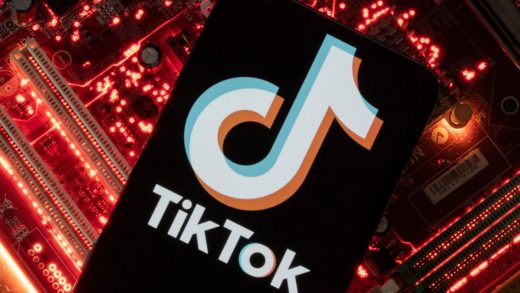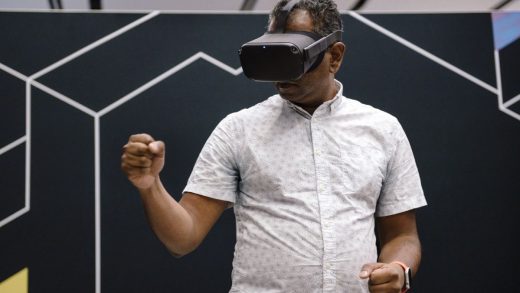
Some of this discrepancy may come down to how different governments react to moderation by social platforms. After Twitter removed Buhari’s threatening tweet against Biafran separatists, the company was slapped with a ban. But instead of banning Buhari in turn, the company later negotiated with the government to be reinstated by agreeing, among other things, to open a local office, pay local taxes, and register as a broadcaster. Nigeria is now considering legislation to regulate platforms.
“I think there are a lot of calculations that go into the trade-off about whether to take enforcement actions, and of course access to markets is one of them,” says Kian Vesteinsson, senior research analyst for tech and democracy at Freedom House, a nonprofit research and advocacy group focused on democracy and political freedoms.
This question of market access has likely also come into play in India, the company’s third largest market. Despite filing a lawsuit to protect tweets and accounts that the right-wing Bharatiya Janata Party (BJP) has ordered removed, Twitter has, as Weiss noted, refused to ban Modi and other BJP members from the platform. The BJP government has already begun to increase pressure on social media companies, requiring them to have in-country representatives that can be held legally accountable if companies do not comply with government takedown requests.
When making the decision to ban Trump, Twitter staff likely didn’t have to consider whether the company would face a situation where it would be shut out of its home market in the US.
But this is not always the case. For instance, Twitter has technically been banned in Iran since 2009, and yet the company let a tweet by Ayatollah Ali Khamenei calling Israel a “tumor” that needs to be “eradicated” remain on the platform. Khamenei’s account was temporarily suspended in 2019, and on the same day Trump was banned, tweets from Khamenei’s accounts were removed—but his account remained active. At the time, Twitter did not respond to questions about how it had applied its policies to reach this decision.
“At a very high level, tech companies have not been clear or consistent about how they treat speech by politicians and other influential political figures,” says Vesteinsson. “But it’s been clear for years that technology companies need to step it up when it comes to protecting people in the global south and in markets that might not be deemed as valuable to these companies.”
But even in instances where market access may not be a driving force, such as Ethiopia, where the company boasts only 34,000 users, a tweet from Ethiopian Prime Minister Abiy Ahmed supporting the genocide against ethnic Tigrayans was left up, accompanied by an annotation that it had violated the company’s policies, but that it had been preserved as a public record of a world leader. Ahmed’s Twitter account remains active with more than a million followers.
The employee involved in Twitter’s trust and safety council tells WIRED that they believe that instances like Prime Minister Ahmed’s in Ethiopia are given “less regard, overall, by these Western platforms because they are not considered as important.” And for platforms, maintaining good relationships with foreign governments may take precedence over applying their own rules.
The employee also says that the choice to leave up accounts in the global south that violate the company’s policies may also come down to a lack of investment. “During sensitive political events, they don’t put as many resources into it, they don’t prioritize them,” the employee says. “And even when things are happening, when we call their attention to these issues, it’s dismissed.”
But Vesteinsson notes that, while platforms have historically been negligent of non-Western countries, the Files themselves are inherently selective, which can be misleading. “What I see here is internal teams carefully deliberating over content policy and enforcement,” he says. “We don’t have that same lens into how Twitter considered actioning posts from world leaders like Ahmed or Modi. We don’t have that transparency in these recent disclosures. What we really need here is for platforms like Twitter to invest in greater transparency over their operations and decisionmaking.”


